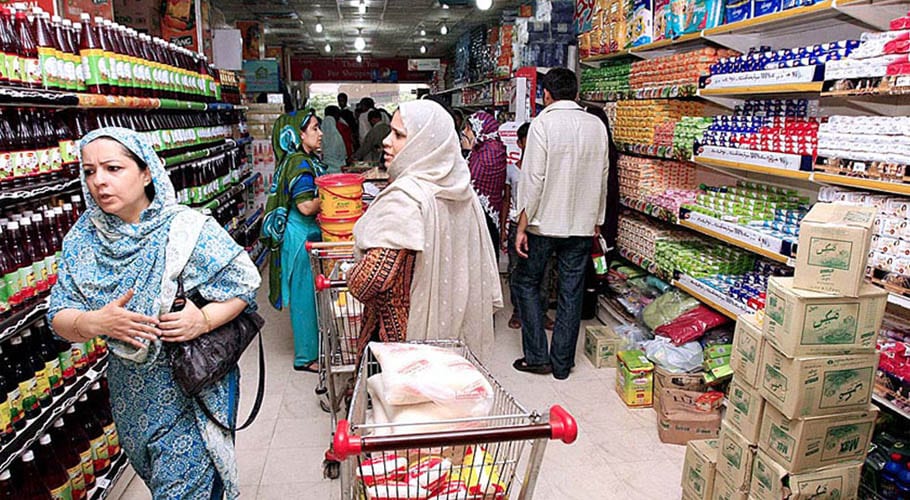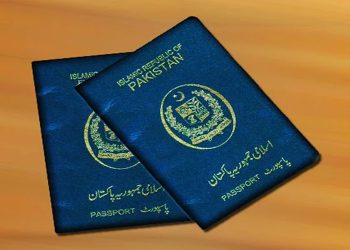ISLAMABAD: The federal cabinet has sanctioned a historic Ramazan package worth Rs 7.8 billion for providing 19 essential items on reduced prices.
Prime Minister Imran Khan chaired the meeting of the federal cabinet which approved the package to provide relief during the holy month of Ramazan.
The cabinet was told that due to the government efforts the sales of Utility Stores had increased from Rs6 billion to Rs9 billion and the stores will achieve breakeven in the expenditure and revenue this year.
The cabinet while acknowledging the importance of “Koi Bhooka Na Soye” (No one sleeps hungry) programme noticed the project was providing substantial relief to the poor people.
Special Assistant to Prime Minister on Social Protection Dr Sania Nishtar said that philanthropists in Pakistan and abroad had expressed interest in becoming part of the programme.
The cabinet was apprised about the plan to give targeted subsidy to poor people under the Ehsaas programme. The prime minister instructed that the programme should be finalised as soon as possible so that the subsidy could be given to the needy people as early as possible.
Forensic auditing
The federal cabinet was informed that heavily loss-making state run institutions like Pakistan International Airlines and Pakistan Railways would undergo forensic audit by Accountant General of Pakistan and prominent private audit companies.
The cabinet was told that in the first phase forensic audit of Pakistan Railways, Pakistan International Airlines, Sui Southern Gas Company Limited, Peshawar Electric Supply Company and Northern Power Generation Company would be undertaken and the process would be completed by June 30, 2021.
In the next phase, audit of Pakistan Post, Quetta Electric Supply Company, Hyderabad Electric Supply Company, Lahore Electric Supply Company and Sukkur Electric Supply Company would be conducted.
READ MORE: Track and trace system necessary to end tax evasion, says PM Imran
The cabinet approved the posting of Dr Raja Mazhar Hameed as Managing Director of National Book Foundation. The cabinet considered and approved few applications for the issuance of licence of prohibited and non prohibited arms licences.
On the request of the government of Gilgit, it also gave ex-post facto approval for deployment of 17 platoons of Gilgit Baltistan Scouts in Gilgit Baltistan for one year for internal security.
Welfare fund
The cabinet approved the amendments in guidelines for the use of welfare fund collected under the Petroleum Policy 2012. According to the amendments, the committee which determined the priorities for the use of welfare fund will be chaired by the elected public representative of the area. A federal minister will select the chairman of the committee.
The welfare fund will be used for education, health, water supply, drainage, awareness on drugs, sports promotion, needs of special persons, construction of roads and scholarships for local students.
If a project will be located in two constituencies, the accounts for the welfare fund will be opened in both constituencies to ensure that the money was utilized equitably in the areas.
Gas projects
The cabinet was informed about the pace of progress on the gas development projects initiated in the tenure of the present government.
It was told that in the current year 450,000 new gas connections were already installed and the target was 600,000 new connections. Next year the target of installing 1.2 million gas connections will be achieved.
At present 27 percent of the population was getting the facility of piped gas and the government was making efforts to further expand the network so that more population could get the gas facility.
The cabinet stressed that in order to control the circular debt in the gas sector and to meet the gas needs of the population, the weighted average cost of local and imported gas should be fixed.
The cabinet directed that all the details of the completed and ongoing gas development projects should be put before it in the next meeting.




































